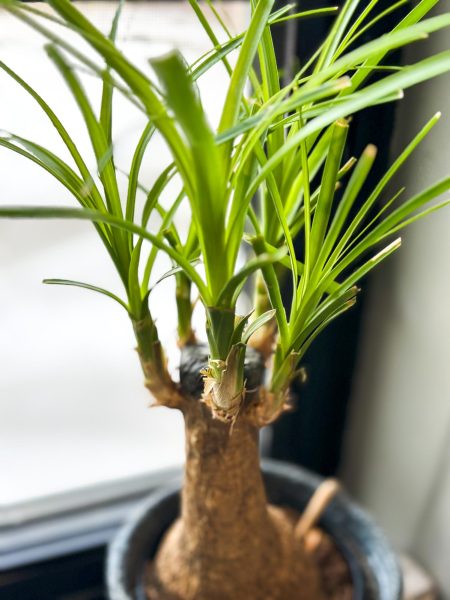DS View: Like a River
What about bad feelings have to be “bad?” Mimic nature and chill out.
Yes, we’re busy.
But I’m not going to argue that we college students are these poor, abused souls struggling with every inch of our might to get through another round of exams at the cost of our health, friendships and sanity.
Maybe it’s accurate at times, but if we think of ourselves with such a deterministic view, we’re dooming ourselves to confusion.
Let me give you an example.
My apartment mates are both electrical engineer majors. They know as well as anyone what it’s like to feel sickeningly overwhelmed at the whole college thing.
In fact, one of them invited a couple classmates over the other night, and they prepared for an exam they had the next morning from 8 p.m. to 5 a.m. straight — pots of coffee, delivered pizza and all.
One of my stress-induced “brick wall” moments came last week as my first round of exams loomed around the weekend.
I felt what we’re used to — the dreading, sort of sick feeling you get when you feel bad about something. But what really threw me off were the thoughts that followed.
After a day or two of worrying, what bothered me most was how aware I was about my worrying. Forget about the test; suddenly, I was anxious about how anxious I was.
I became self-conscious about my bad feelings, and focused on my having them instead of actually having them.
Leave it to human beings to end up doing something so silly as that.
Would a squirrel who drops an acorn from a tree be upset in the same way I was?
The squirrel’s going to feel something; it’s definitely intending on holding on to the acorn. From an evolutionary perspective, there must be some primitive form of, “Oh, crap” coursing through the little guy’s hormone system — otherwise he wouldn’t have been trying to hold on to it.
Okay, so he’s feeling bad about dropping the acorn. What would happen next is the awesome part: nothing. He feels what he needs to feel, then goes along with what feels right next.
Unlike me, he’s not going to sit around and contemplate how bad he feels and think about the implications that has on other situations he might find himself in later.
An approach like this is the best way to respect one’s own emotions.
Think of it: You feel bad about something, then criticize yourself for feeling it — what a horrible way to treat yourself.
Besides, what reason do we have for thinking feelings like these are “bad?” What about sadness, stress or regret doesn’t belong in the human experience? The neurotransmitters and receptors we have for those incredibly intense and sincere feelings are there for a reason.
Eons of ecologically in-synch evolutionary happenings all added up to you sitting with your head on your desk wishing you could fast forward through your next test.
You’d have trouble convincing a squirrel to feel bad after remembering that, and now you’d have trouble convincing me.
Will Beaton is the Editor-in-Chief of The Dakota Student. He can be reached at william.beaton@my.und.edu.






